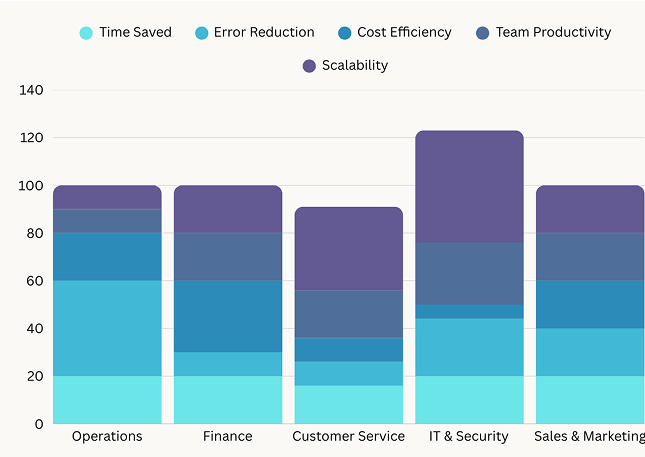
We ensure alignment by involving key voices throughout the product journey.
We create clear roadmaps that connect business goals with actionable product plans.
We manage multiple products for balanced growth, efficiency, and resource use.
We oversee each phase of your product to ensure it evolves with market demands.
We improve operational efficiency so your product teams can focus on delivery.
We make sure every product meets regulations and follows internal best practices.
We test concepts early to confirm they solve real problems before building.
We measure performance to guide ongoing improvements and strategy adjustments.
We bring new technologies into your products to keep you ahead of the curve.
We ensure every touchpoint delivers a consistent and engaging user experience.
We apply agile methods to keep development fast, flexible, and customer-focused.


Digital Product Engineering is the end-to-end process of designing, developing, and maintaining software products using modern technologies like cloud, AI, and IoT. It covers the full product lifecycle—from ideation and prototyping to deployment and continuous improvement—enabling enterprises to deliver scalable, innovative, and user-centric digital solutions.


Product engineering covers the entire product lifecycle—from ideation and design to development, deployment, and continuous improvement—ensuring market fit and user satisfaction. Software development focuses mainly on coding and building applications. In short, product engineering is end-to-end and strategic, while software development is technical and implementation-focused.


Industries that benefit most from digital product engineering include IT & software, healthcare, fintech, e-commerce & retail, manufacturing, and telecom. These sectors leverage it to accelerate innovation, create scalable digital products, optimize operations, and enhance customer experiences using technologies like AI, IoT, and cloud platforms.


Agile product management improves product development by promoting iterative planning, fast feedback, and continuous delivery. Teams can quickly adapt to changing requirements, prioritize features based on user value, and reduce time-to-market. This approach enhances collaboration, product quality, and customer satisfaction, ensuring that products evolve in line with real-world needs.


Product Lifecycle Management (PLM) is the process of managing a product’s journey from ideation and design through development, production, and end-of-life. It is important because it ensures efficient collaboration, reduces time-to-market, optimizes resources, and maintains product quality, enabling businesses to stay competitive and respond quickly to market changes.


We ensure product scalability and performance through modular, cloud-ready architectures that handle growing users and data. Efficient coding, load balancing, caching, and rigorous testing optimize performance, while continuous monitoring and iterative improvements keep the product reliable and responsive as it scales.


In India, digital product engineering services typically cost ₹1.5–5 lakh for a basic MVP, ₹5–10 lakh for medium-complexity apps, and ₹10–18 lakh or more for complex, feature-rich platforms. Costs vary based on product complexity, technology stack, team size, and required integrations, with additional expenses for maintenance and support.


In product engineering, we handle compliance and data security by implementing end-to-end encryption, secure cloud infrastructure, and strict access controls. We follow global and local regulations like GDPR, HIPAA, and India’s DPDP Act, conduct regular audits and risk assessments, and embed security best practices throughout the product lifecycle to ensure data integrity, privacy, and regulatory compliance.

